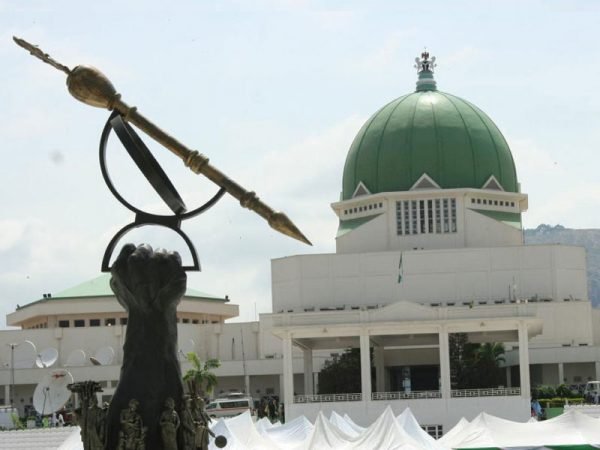
According to the organisation, there is a need for voters to equally monitor those seeking election to the National Assembly as they do to the presidential candidates.
The 2023 general elections begin on Saturday with the presidential as well as Senate and House of Reps membership elections, while the governorship and state House of Assembly membership elections have been scheduled for March 11.
A total of 1,101 candidates – 1,008 males and 92 females – are contesting for the 109 Senate seats, while 3,122 – 2,832 males and 288 females – are seeking election to the House.
The Executive Director, OrderPaper Advocacy Initiative, Oke Epia, while addressing journalists in Abuja on Thursday, decried that the electorate knows little or nothing about those to be elected in the legislative arm of the government.
Epia partly said, “We have candidates who basically did not articulate what they intended to do. The fact is that we have been tracking these candidates and it is disheartening to inform you that most of them do not know why they are coming to the National Assembly.
“There is an increased appetite by citizens to vote but they are not appropriately directed on the legislative elections.”
Epia noted that the legislature is the first and foremost arm of the government, going by the concept of representative democracy, adding that it plays a crucial role in the sustenance of democracy as a tradition for a country’s people.
He recalled the series of military interruptions in Nigeria’s political history, with the National Assembly giving way to military decrees and edicts. He noted that since the return to democracy in May 1999, the country had witnessed the inauguration of the 4th, 5th, 6th, 7th, 8th and the current 9th National Assemblies.
“It is, therefore, noteworthy to state that this year’s National Assembly election is holding on the eve of the 25th Anniversary of the Nigerian National Assembly, at least in the uninterrupted Fourth Republic,” he stated.
Epia further said, “In each of the six electoral cycles leading to the election of lawmakers who have served in these Assemblies, we have observed as a legislative-focused organisation that many at times, the majority of the lawmakers who have served in the various Assemblies we mentioned earlier, emerge through a bandwagon.
“This trend, to a large extent, sacrifices merit for party considerations, especially as the National Assembly elections are held simultaneously with the highly-anticipated presidential elections. In no small measure, this has affected the quality of representation in each Assembly and prevented effective service delivery. This development is what OrderPaper and our partners have considered necessary to address for the future development of parliament.”
The Senior Programme Executive, OrderPaper Advocacy Initiative, Temidayo Taiwo-Sidiq, also stated, “People must be elected on the basis of individual merits instead of following the bandwagon.”
Bassey Bassey of HipCity Media also said, “City residents should have enough knowledge on whom to vote. They need to know the people they are sending to the National Assembly to represent them.”




